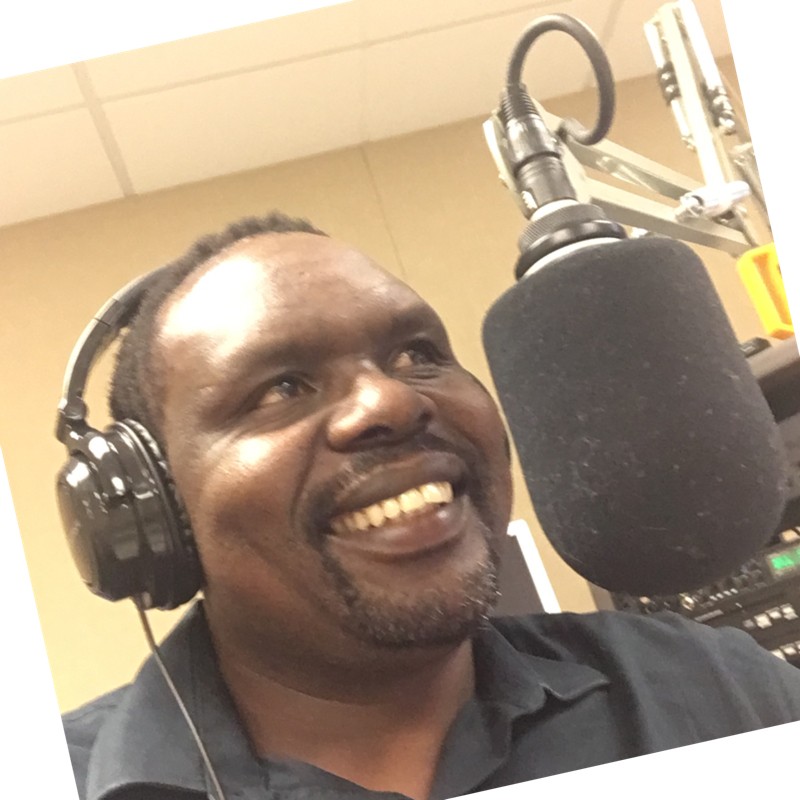The single greatest threat to Africa’s economic success in this century is not going to be the West’s repressive trade policies, or China’s undying quest to tag it’s name to the continent’s resources. It will not be civil wars, starvation, or global warming.
It will be HIV/AIDS.
Last year, 76 percent of all AIDS-related deaths worldwide occurred in sub-Saharan Africa. Those numbers are shocking, considering that only 11 percent of the world’s people live in the region.
Most people in Africa’s most affected areas can barely afford food, let alone the antiretroviral drugs they need to extend their lives. That means that by the next decade, most of the 22.5 million Africans living with HIV will be dead. But the dead – as they have been in the past – will be replaced by new AIDS patients.
The cycle will continue.
Considering that last year alone there were approximately 1.7 new infections in Africa, it doesn’t take a genius to tell where the continent is headed.
Any hopes of Africa surviving the epidemic lie on – not foreigners – but on Africans themselves.
During the observance of the African World AIDS Day in Brooklyn Park, Minn., in December, (see lead story) Princess Kasune Zulu, a renowned Zambian activist, blamed the spread of HIV/AIDS in Africa to several factors. But none of them resonated louder than her saying that African men have played a very important role in the spread of the epidemic.
Although most of the people living with HIV in Africa are women, it is no secret that most of them contract the virus that causes AIDS from men who engage in sex with multiple partners.
In most pre-colonial African societies, men were perceived as protectors of their communities. If a gang of hyenas attacked livestock, you could count on men to drive them away. If cattle rustlers attacked, women screamed: “We are under siege! Where are our men?”
Fast-forward to the post-colonial era and men became more and more irresponsible.
Even before the AIDS epidemic became known, many African men had very little to do with the wellbeing of their families. Since most of the dangers – the wild animals, the tribal wars – that threatened the safety of the community had somewhat been contained by national parks and modern government laws, the African man reduced himself to a mere breadwinner of the family.
That, according to him, meant that as long as he provided, he had done his part. That gave him time and freedom to roam like a lion in the savanna without any formidable challenge. It was not unusual to hear a man ask, “Who puts the food on the table?” in response to his wife’s inquiry of where he had been.
To avoid confrontation, the humble creatures that are our mothers quit asking question. They bathed children, fed them, sent them to school and went to unbelievable lengths to make sure fathers paid school fees instead of spending their earnings on booze.
The emergence of HIV/AIDS put even more burden on women, as many of them became widows and others were left to care for orphans whose parents had fallen victim to the killer disease. Meanwhile, men went about their reckless business as if nothing had happened. To this day, many African men refuse to acknowledge that HIV/AIDS is real. They continue to engage in extramarital sex and polygamy, which they defend as part of the African culture – something that no one should be forced to forsake.
But long time ago the same men abandoned everything else African for all things Western – dress, music, automobiles, food, housing, religion. What then makes African men hold on to polygamy? Men in most societies in the world guard cultural practices that serve them. They also make laws that favor them.
Unfortunately, many African men are too arrogant admit that the tradition they hold on to continues to harm the women and children they are supposed to protect – that they have become worse than the man eaters their women and children dreaded.
When Zulu spoke about our adherence to taboo killing us, she was referring to our unwillingness as African parents to talk to our children about sex and how it’s related to HIV/AIDS. But no taboo is more detrimental to the existence of Africans than the one that forbids us to question men’s actions and hold them accountable for them.
As Zulu said, we know too much to remain silent. It’s about time we redefined what it means to be real African man.
About Edwin Okong'o - Mshale Contributing Editor
Edwin Okong'o is a Mshale Contributing Editor. Formerly he was the newspaper's editor.







what do you want from men who lives in repressive societes,like zimbabwe,congo.what are the exact strategic actions you suggest??what have you personnaly done??there is more to the story than blame!!! thanks
Comments are closed.